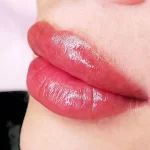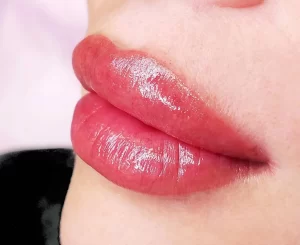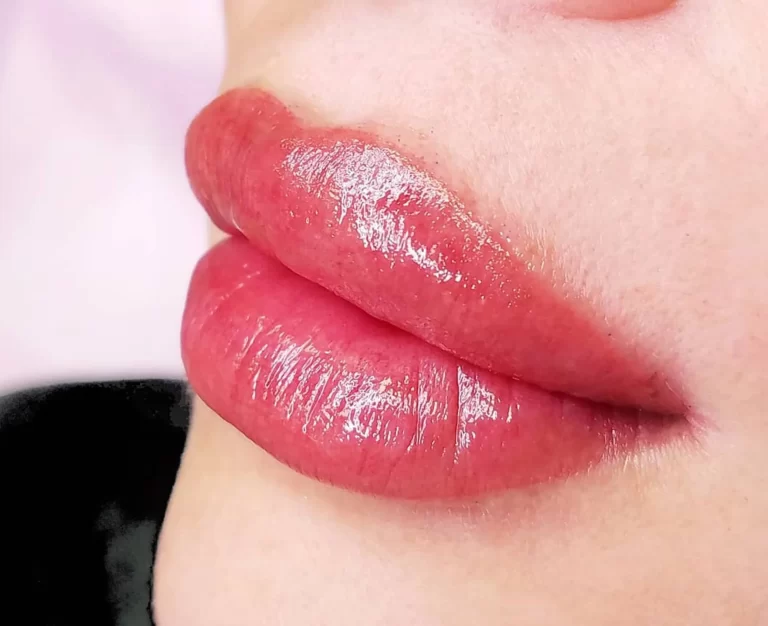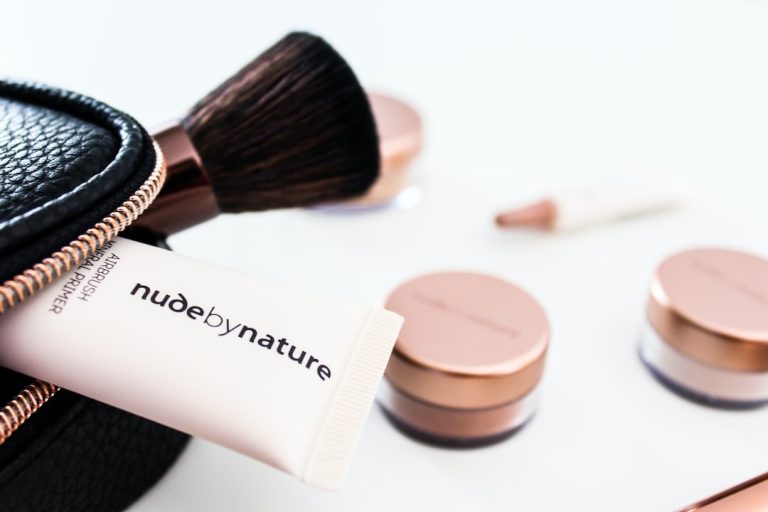Hormonal Hair Growth: Understanding the Basics
Hormonal hair growth, also known as hirsutism, is a condition wherein excessive hair growth occurs in areas where men typically grow hair, such as the chin, upper lip, and cheeks. This condition is often related to hormonal imbalances, particularly an increase in androgen hormones like testosterone.
1. Consult a Dermatologist
The first step in addressing hormonal hair growth on your chin is to consult with a dermatologist. They can conduct a thorough evaluation of your symptoms, medical history, and perform necessary tests to determine the underlying cause of the problem.
2. Hormonal Therapy
If hormonal imbalance is identified as the cause of your excessive hair growth, your dermatologist may recommend hormonal therapy. This treatment involves taking medications like spironolactone or oral contraceptives to regulate hormone levels and reduce hair growth.
3. Laser Hair Removal
Laser hair removal is an effective long-term solution for getting rid of unwanted hair on the chin. This procedure uses laser technology to target hair follicles, preventing future hair growth. Multiple sessions may be required for optimal results.
4. Electrolysis
Electrolysis is another option for permanent hair removal. This method involves inserting a thin needle into individual hair follicles and delivering an electric current to destroy them. Like laser hair removal, multiple sessions may be necessary.
5. Topical Treatments

There are various topical treatments available that can help slow down hair growth on the chin. These products typically contain ingredients like eflornithine, which inhibits hair growth. However, it’s important to note that these treatments may only provide temporary results.
Lifestyle Changes to Consider
While medical treatments can be effective in managing hormonal hair growth, certain lifestyle changes may also help:
- Healthy Diet: Consuming a balanced diet rich in vitamins and minerals can support hormonal balance.
- Exercise: Regular physical activity can help regulate hormone levels and promote overall well-being.
- Stress Management: Reducing stress through practices like yoga or meditation may positively impact hormone regulation.
When to Seek Professional Help
If excessive hair growth on the chin is causing significant distress or affecting your quality of life, it’s important to seek professional help. A dermatologist can provide appropriate guidance and treatments based on your unique circumstances.
In conclusion, addressing hormonal hair growth on the chin requires a holistic approach that involves medical interventions, such as hormonal therapy or laser hair removal, along with lifestyle changes. By consulting with a dermatologist and following their recommendations, you can effectively manage and reduce excessive hair growth related to hormonal imbalances.
Get Rid of Facial Hair Naturally | Dr. Hansaji Yogendra | The Yoga Institute #shemaroogoodhealth24/7





















